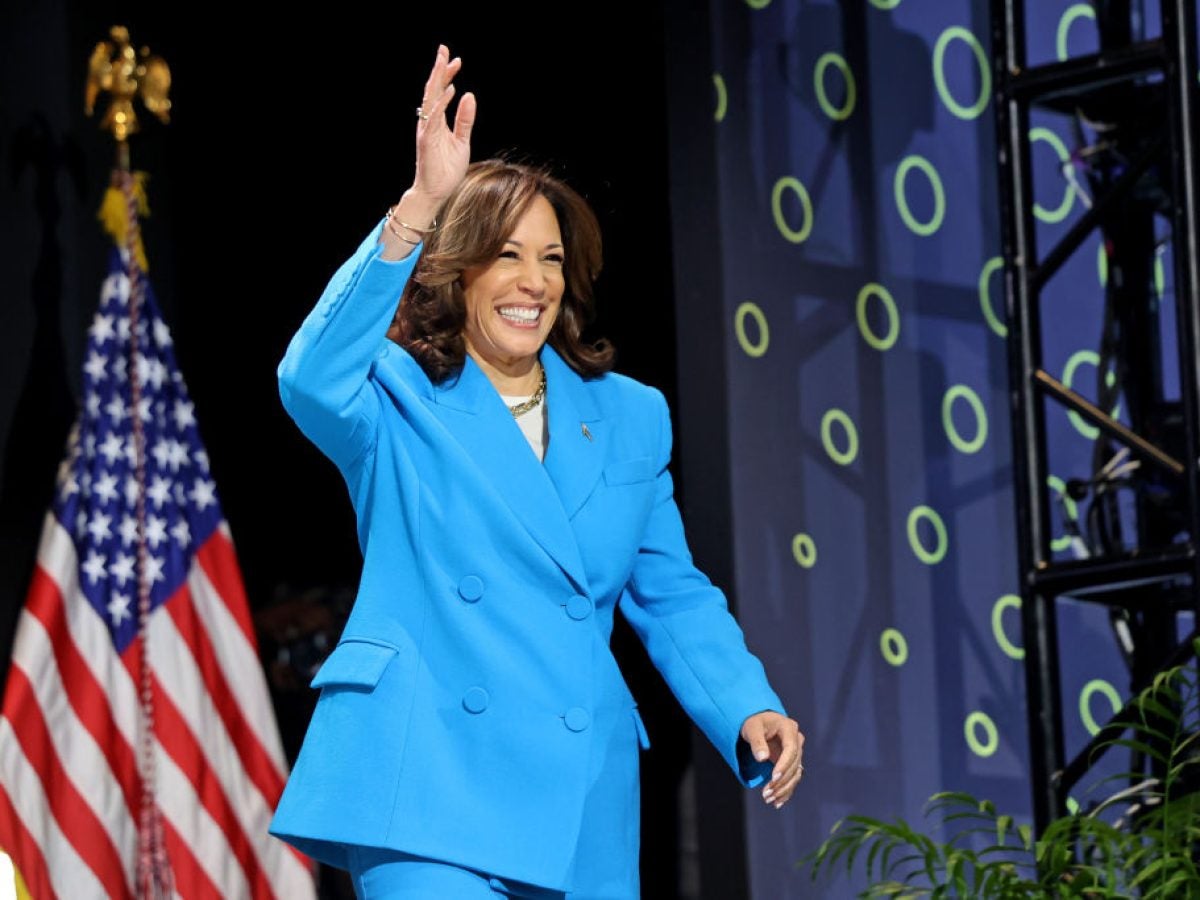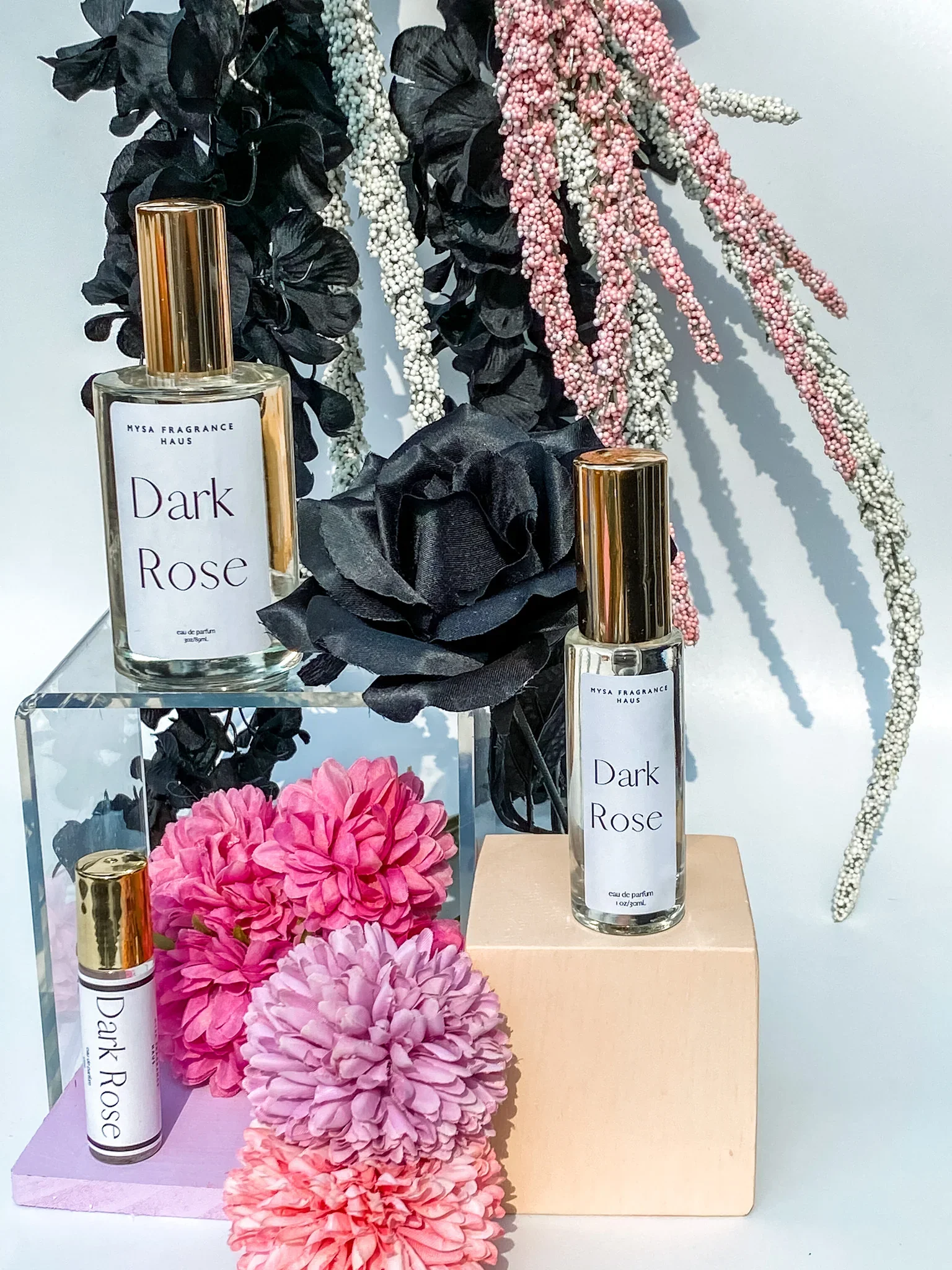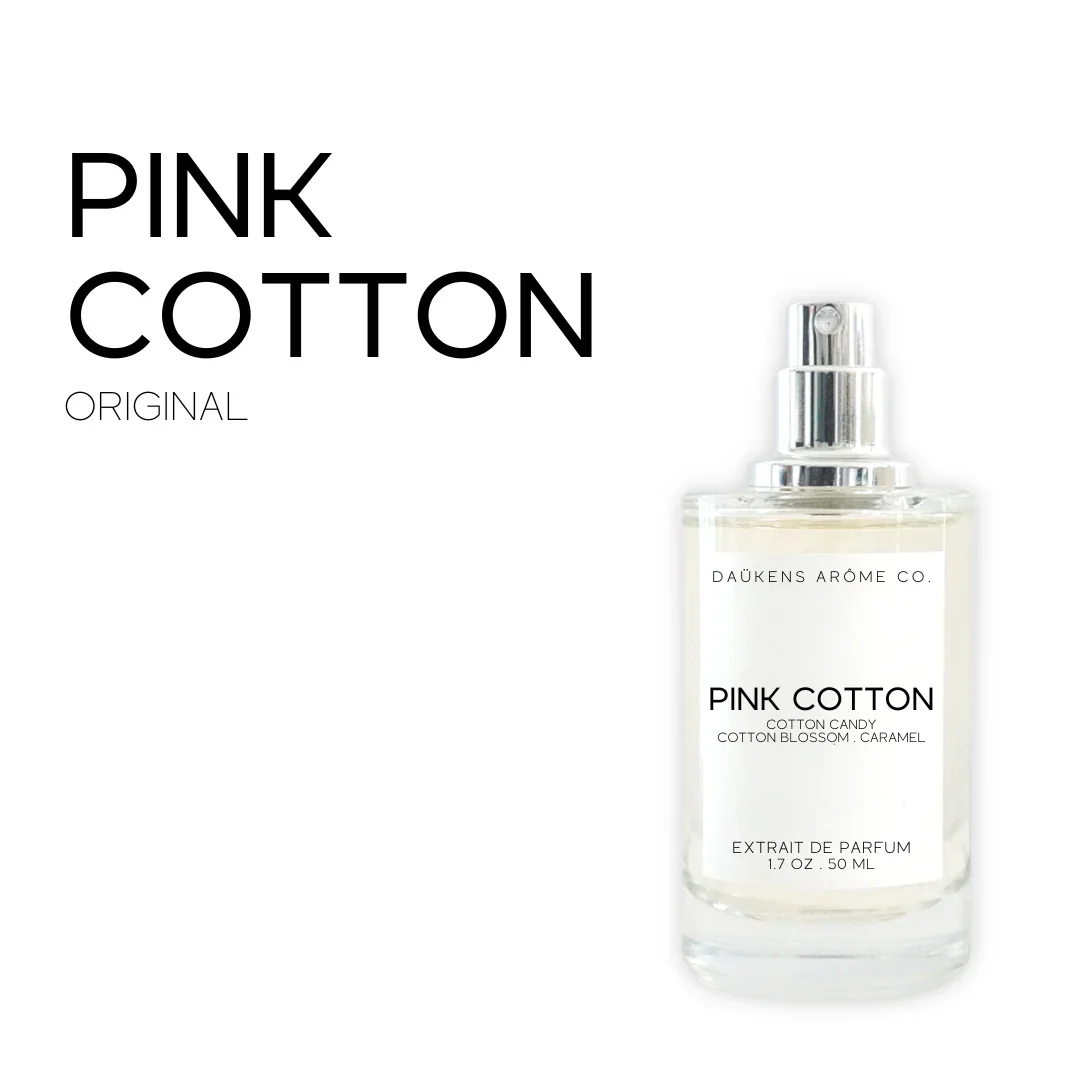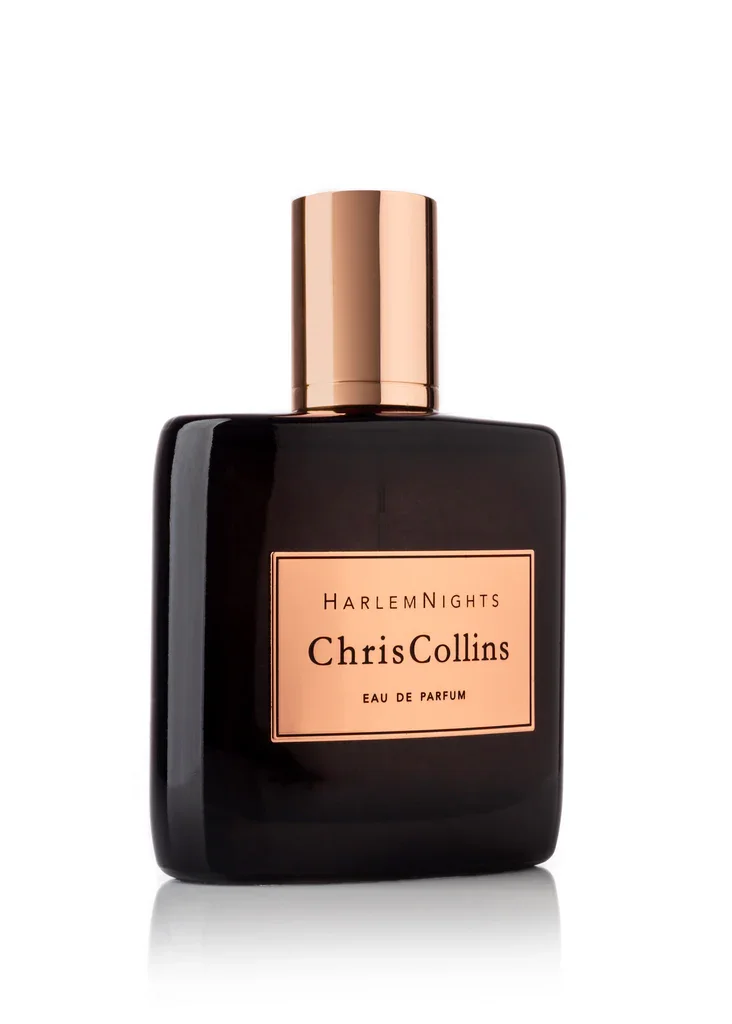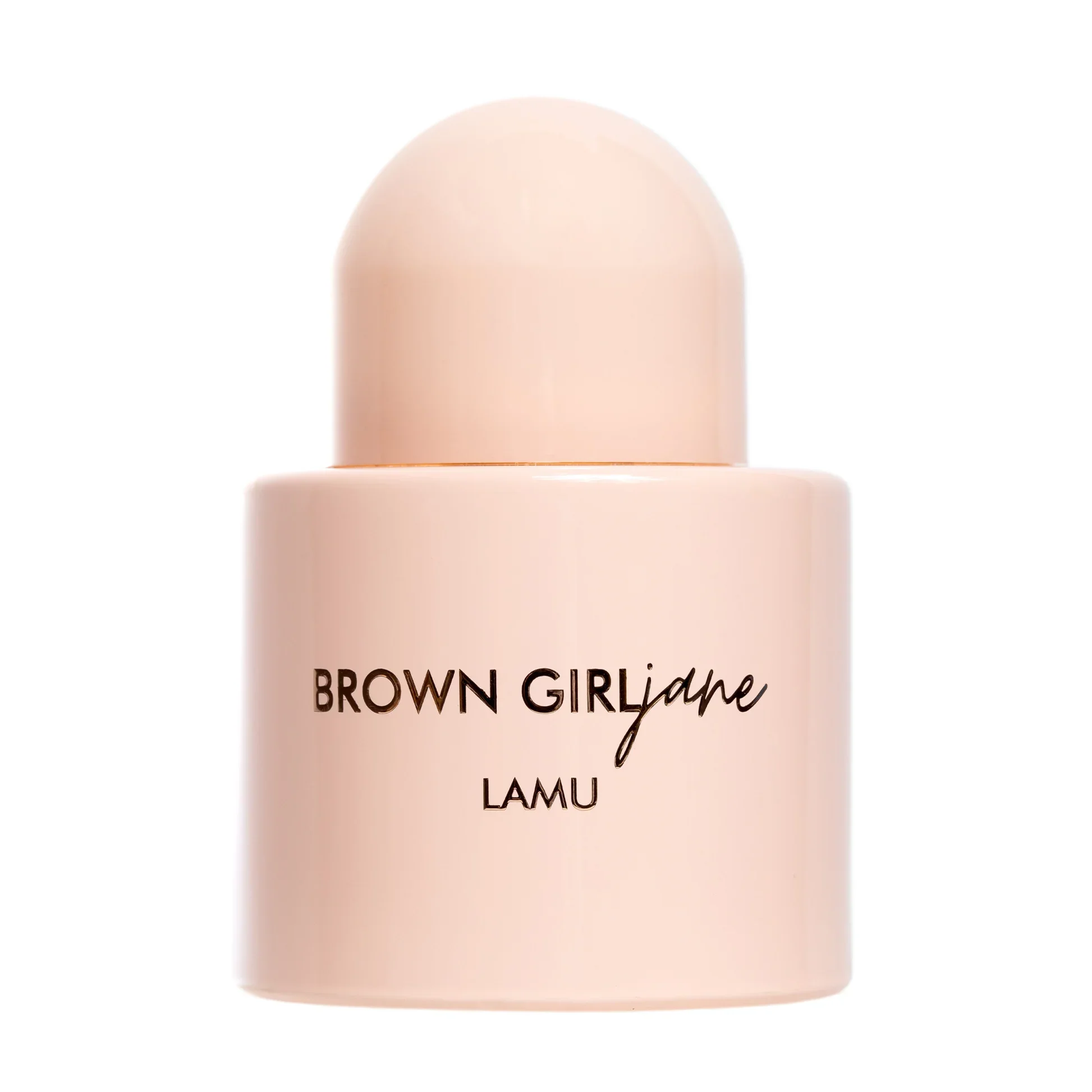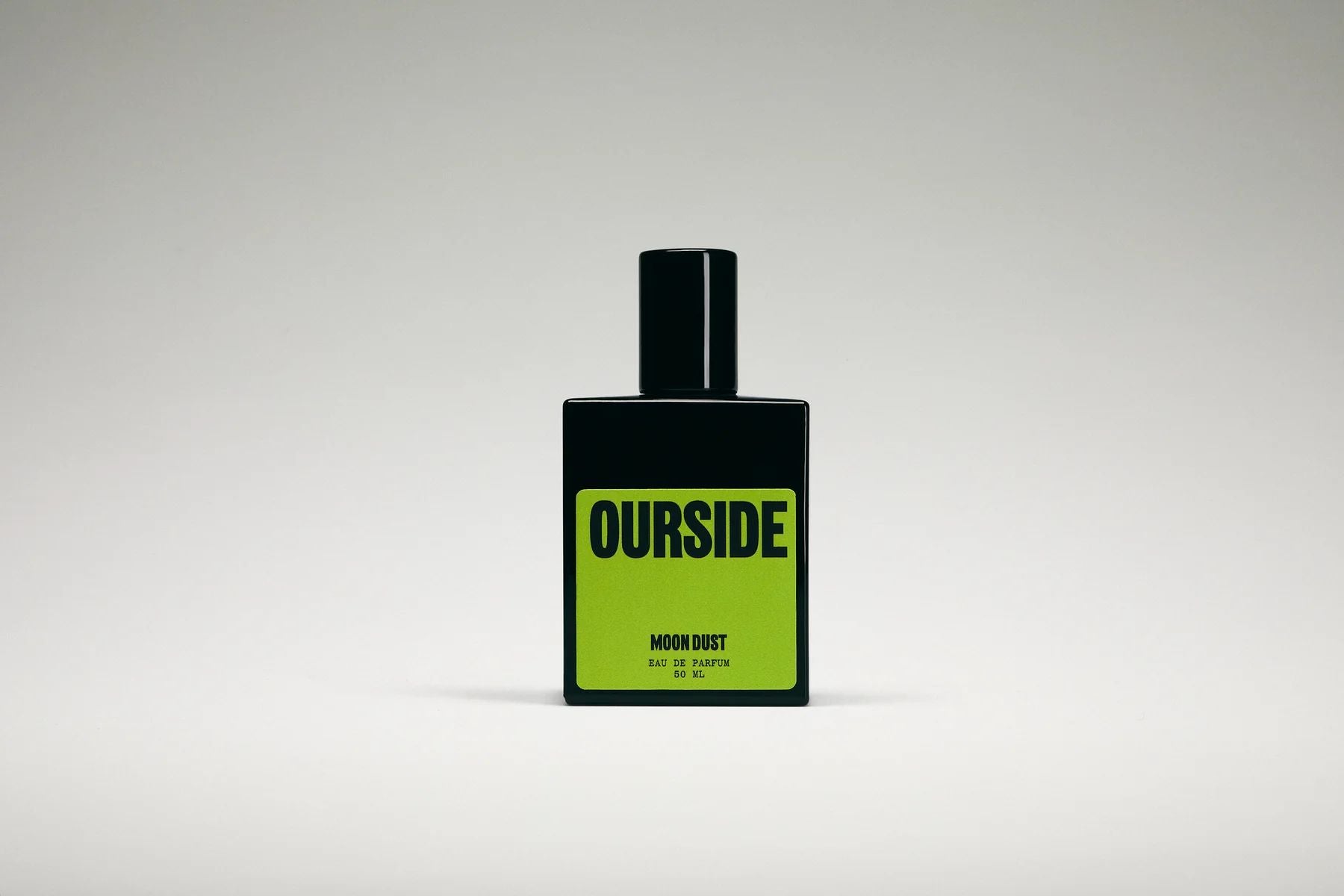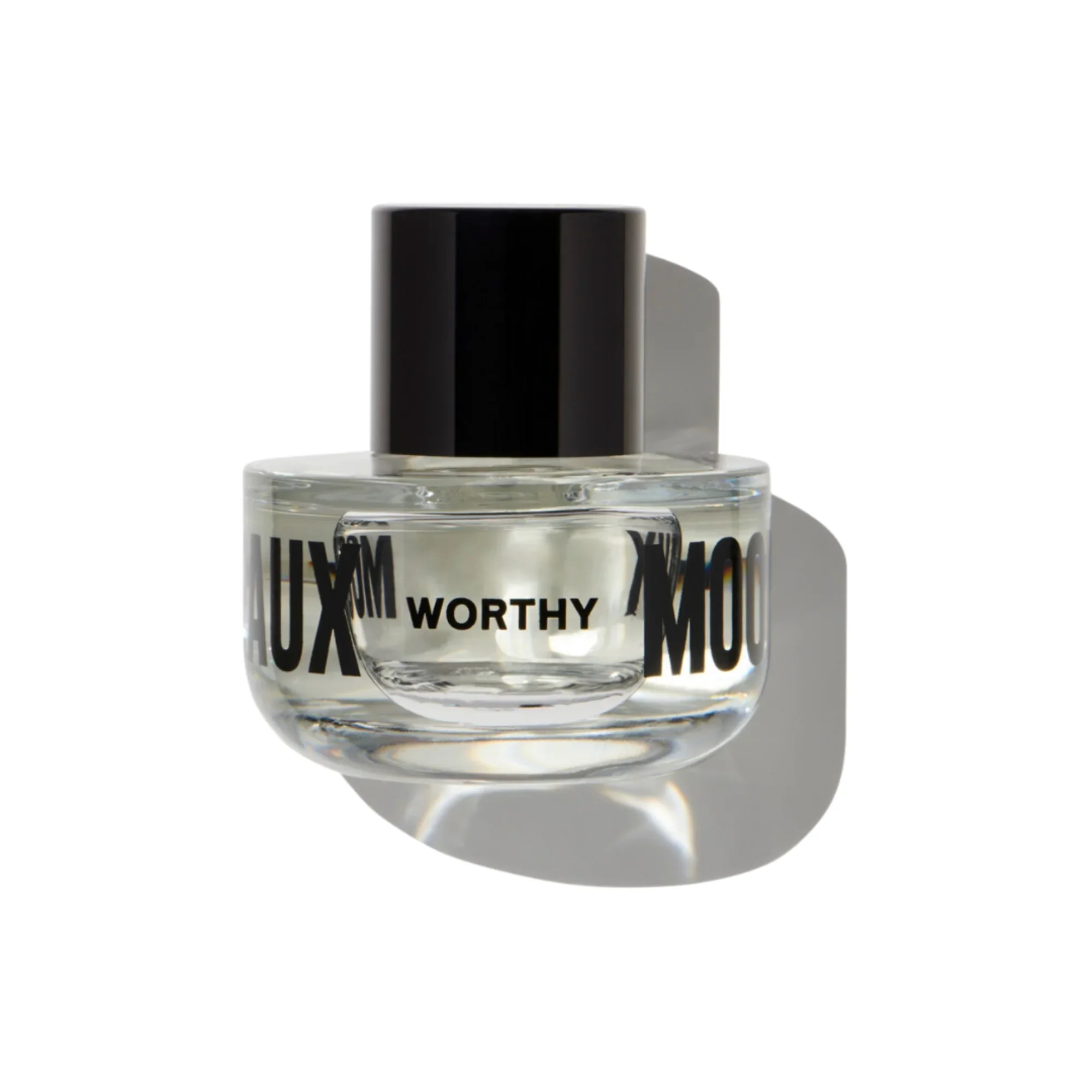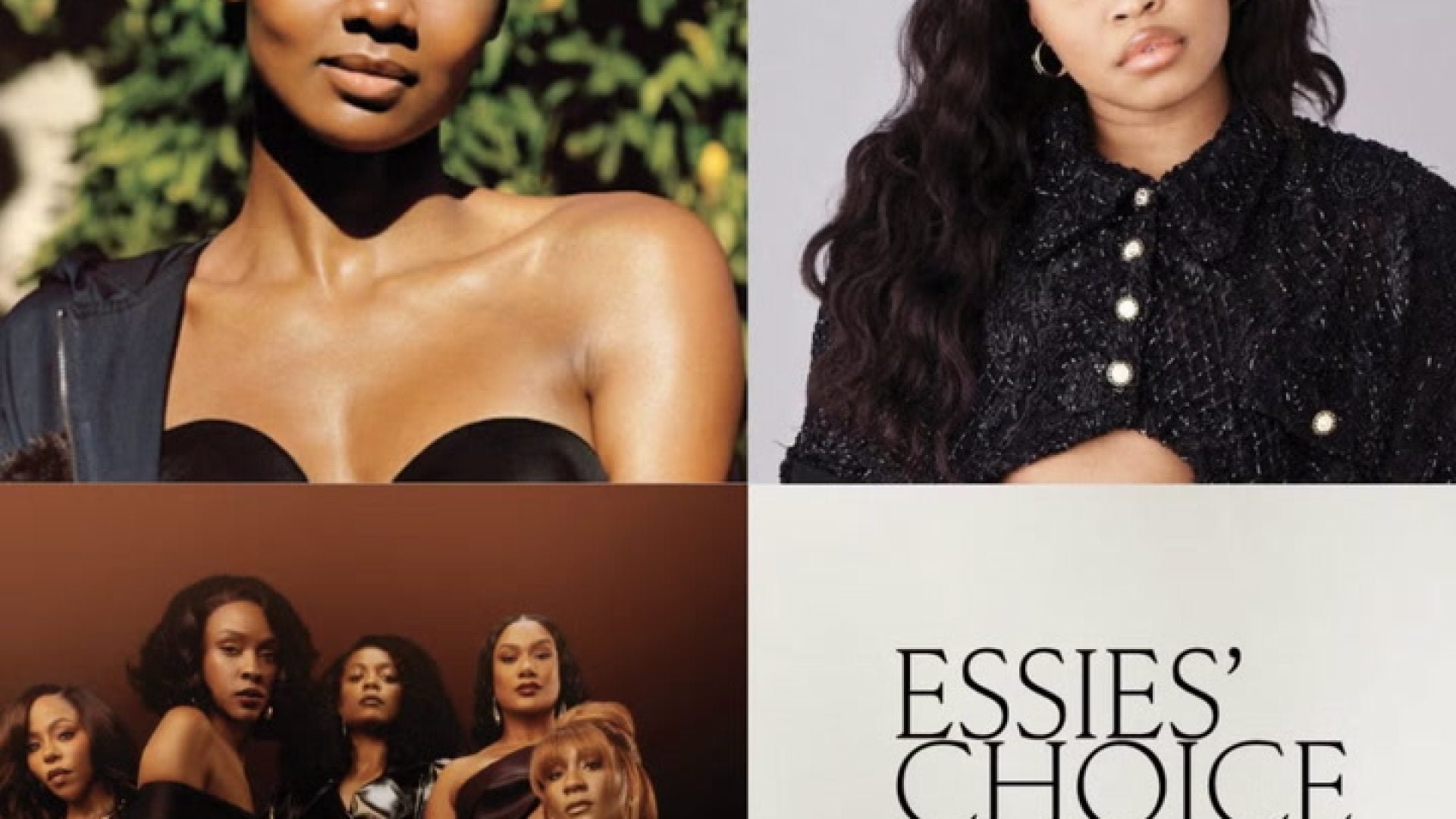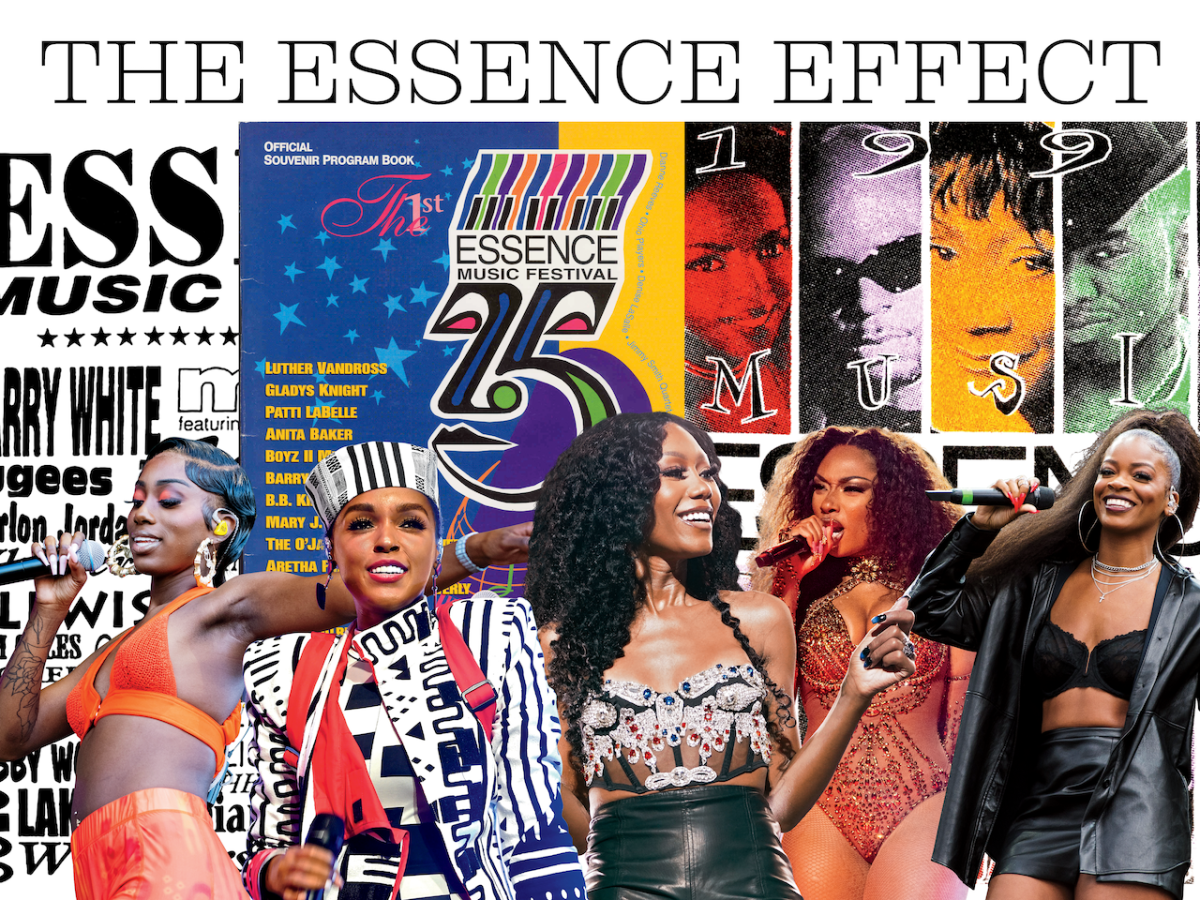
What was initially a gathering to commemorate ESSENCE magazine’s 25th year in print would spark a three-decade relationship between ESSENCE and New Orleans, forging an enduring bond. Characterized by the vibrance of the city, mouthwatering Cajun cuisine and the warm, familial energy that happens when Black folks reunite, ESSENCE Fest, as it’s sometimes called, has become more than an event; it’s a homecoming, a family reunion and a revival, rolled into one.
“The growth and impact of the ESSENCE Festival of Culture has been transformative,” says New Orleans Mayor LaToya Cantrell. “Since its inception in 1995, this celebration of Black culture has evolved into the largest annual event of its kind.” The music and arts celebration is indeed a cultural phenomenon, renowned for its exceptional lineup of musical performances along with its thought-provoking panel discussions and seminars.
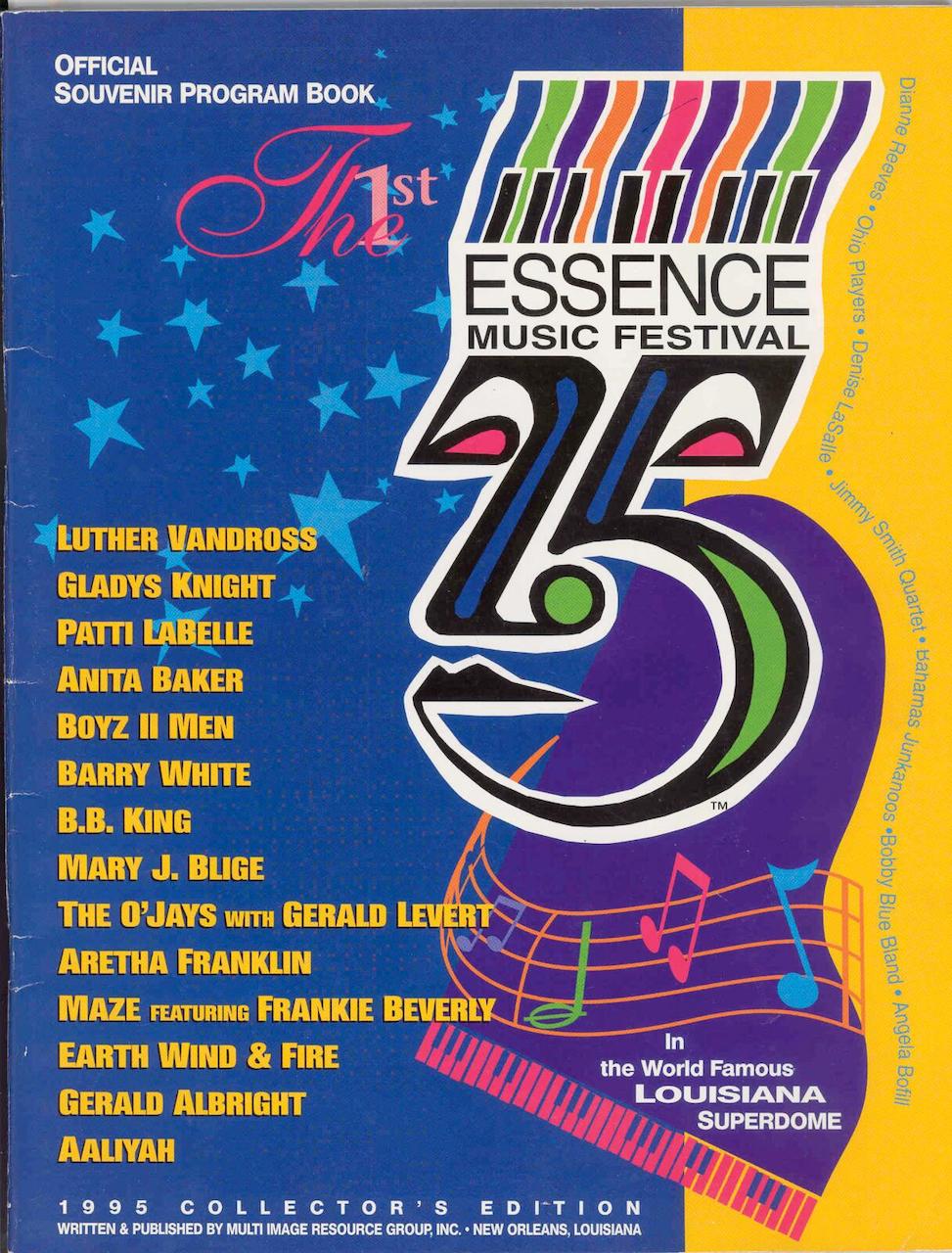
If the ESSENCE Festival of Culture feels like a reunion, that’s because, in many ways, it is. For Black American descendants of enslaved Africans, family origins beyond U.S. shores are often unknown. But ancestral lines after arrival can be directly traced to the American South, due to the logistics of chattel slavery.
Starting in 1619, the first enslaved Africans were shipped to American shores, where they were displayed in public squares and auctioned off as property. As a critical entryway for the transatlantic slave trade, the Port of New Orleans was an arrival point for many African people. That history, says Cantrell, remains palpable. “It’s what you feel when you come here,” she says. “It’s in the soul of this city. You sense it in everything—the music, the food and the people.” The infusion of Black culture throughout the city helps to explain why every year, more than half a million people are drawn to New Orleans—for what many of them view as a ceremonial homecoming. The exhibition of joy, empowerment and celebration the ESSENCE Festival offers feels like nothing less than a triumphant return.
In the years following that first anniversary celebration in the mid-nineties, the ESSENCE Festival has evolved along with its audiences. Fondly termed “aunties,” Black women in their late 30s, 40s and 50s have long been the heart and soul of the event as they flock to performances tailored to their neosoul, old-school hip-hop and smooth R&B preferences.
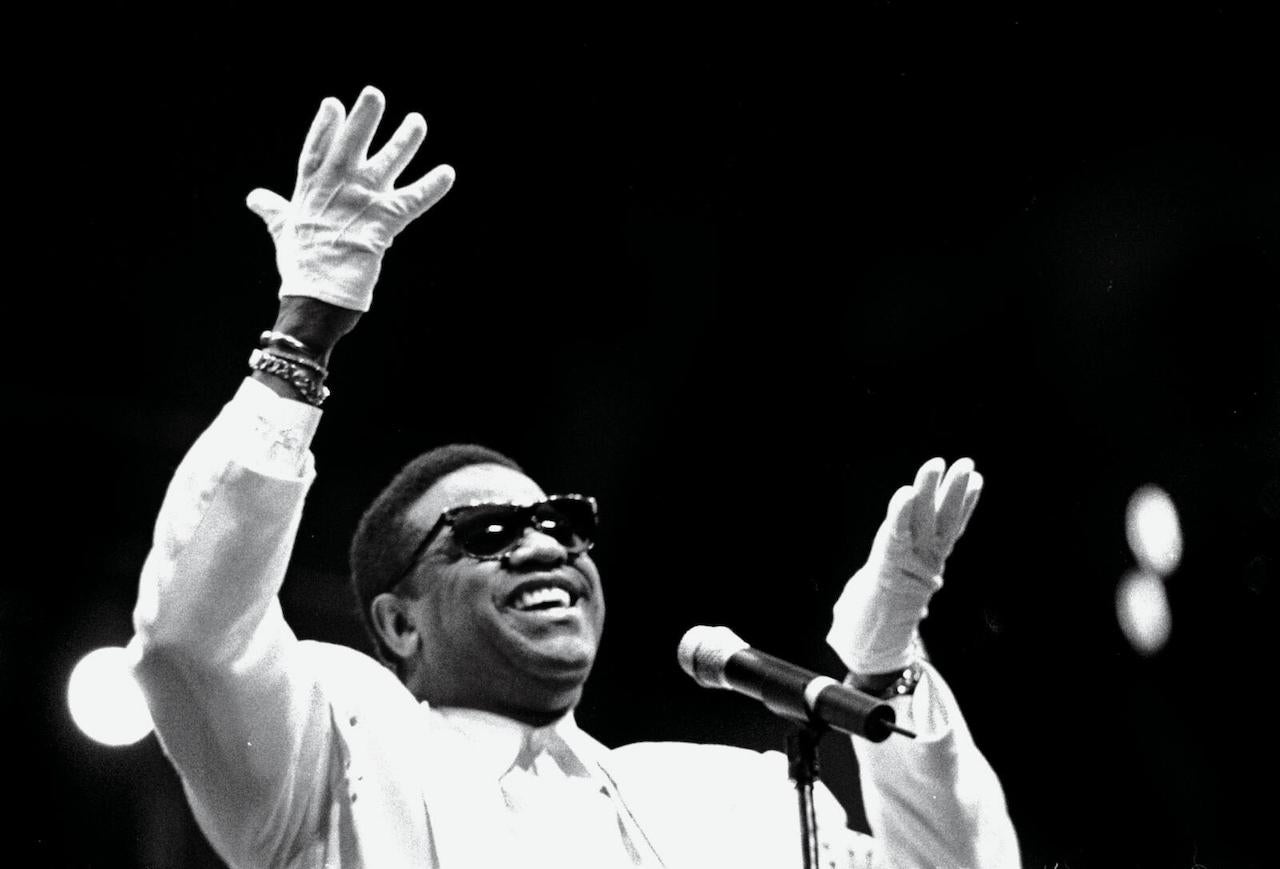
For festivalgoer Triece, 30, born and raised in New Orleans, known by her more than half million followers across TikTok and Instagram as @bukutriece, attending was a rite of passage. “I felt like you had to be grown and sexy to do ESSENCE,” she says. “I couldn’t wait till I was old enough to go.”
As the years progress, so have the festival’s offerings. Recent initiatives like Girls United Creator’s House and GU Kickback events attract younger attendees, while performances by rising artists such as Flo Milli, Muni Long, Rico Nasty and Ari Lennox also draw substantial crowds—including new attendees like Triece, who has since joined the festivities. Hulu, the event’s official streaming network, even sponsored her inaugural ESSENCE Fest experience.
Megan Thee Stallion’s electrifying presence as headliner at the 2023 event is a testament to the festival’s ongoing appeal. Asali DeVan Ecclesiastes, 50, from New Orleans, a self-proclaimed member of “the auntie generation,” embraces the young and the new. “I love Megan Thee Stallion and Cardi B,” she enthuses. “I love how they challenge us and call our politics into question.” Acknowledging the possible disconnect faced by women raised on shame and respectability politics, Ecclesiastes adds, “They live in a no-judgment zone. It’s something that we, the older generation, have to get our minds around.”
The culture looked very different in the late 1990s, when Ecclesiastes first encountered the ESSENCE Festival. “I was teaching in Nashville at the time and was home in New Orleans for the summer,” she recalls. “I remember the energy was so high. So many of us gathered in Black public discourse around the issues in our community. It was like a church of sorts. We were listening, discussing ideas and finding solutions in fellowship with one another.” Today, she serves as Executive Director of Efforts of Grace, at Ashé Cultural Arts Center in New Orleans. A longtime activist and organizer, she says those early festival experiences shaped her trajectory.
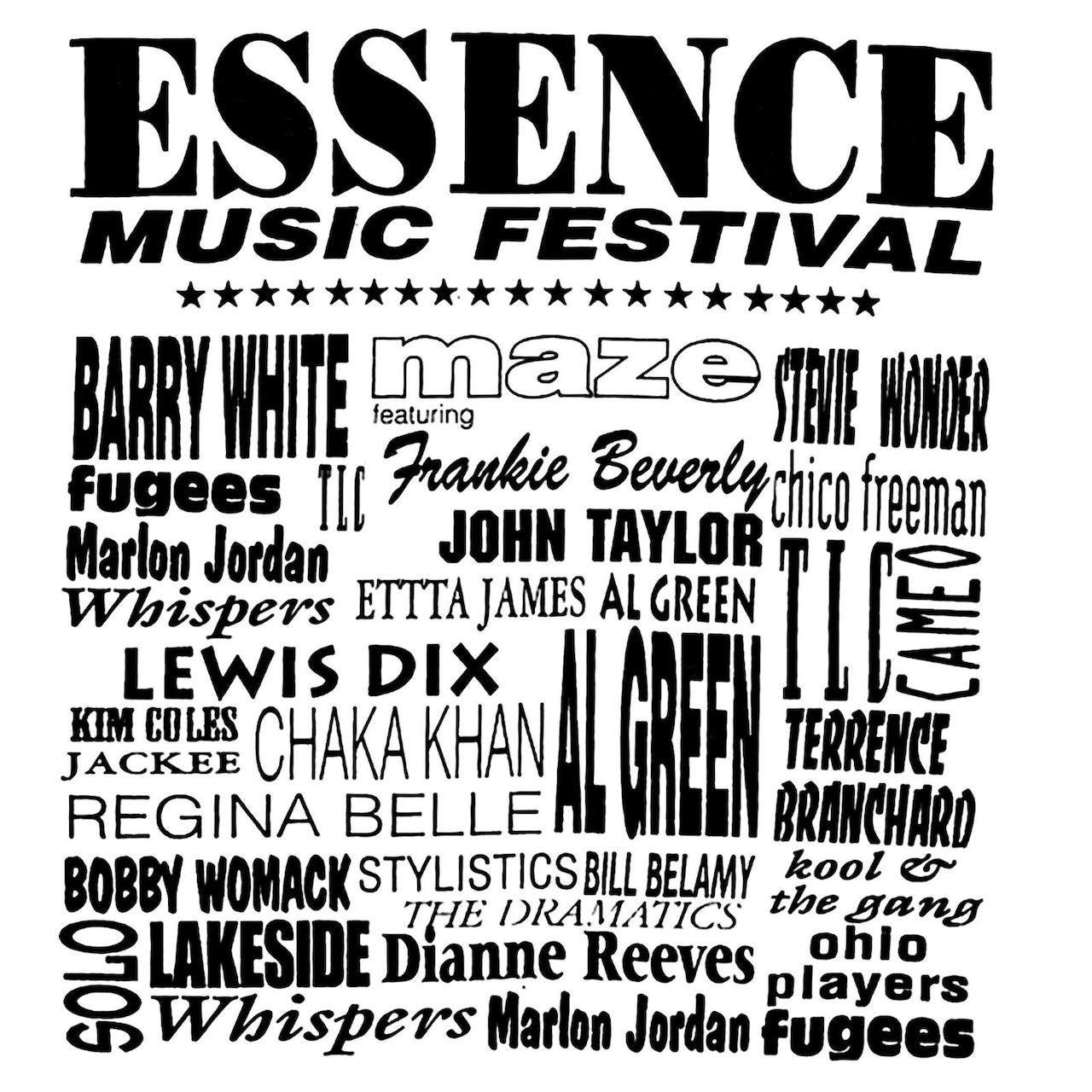
In embracing attendees across a wide age range and fostering unity through music, culture and community engagement, the ESSENCE Festival continues to forge bonds across generations, ensuring its continuing relevance and impact for years to come.







And aside from its historical, cultural and generational significance, the ESSENCE Festival of Culture also packs a substantial economic impact. Last year’s event contributed $327 million to the local economy and created 3,605 full- and part-time jobs. Moreover, attendees boosted local spending by an extra $120 million.
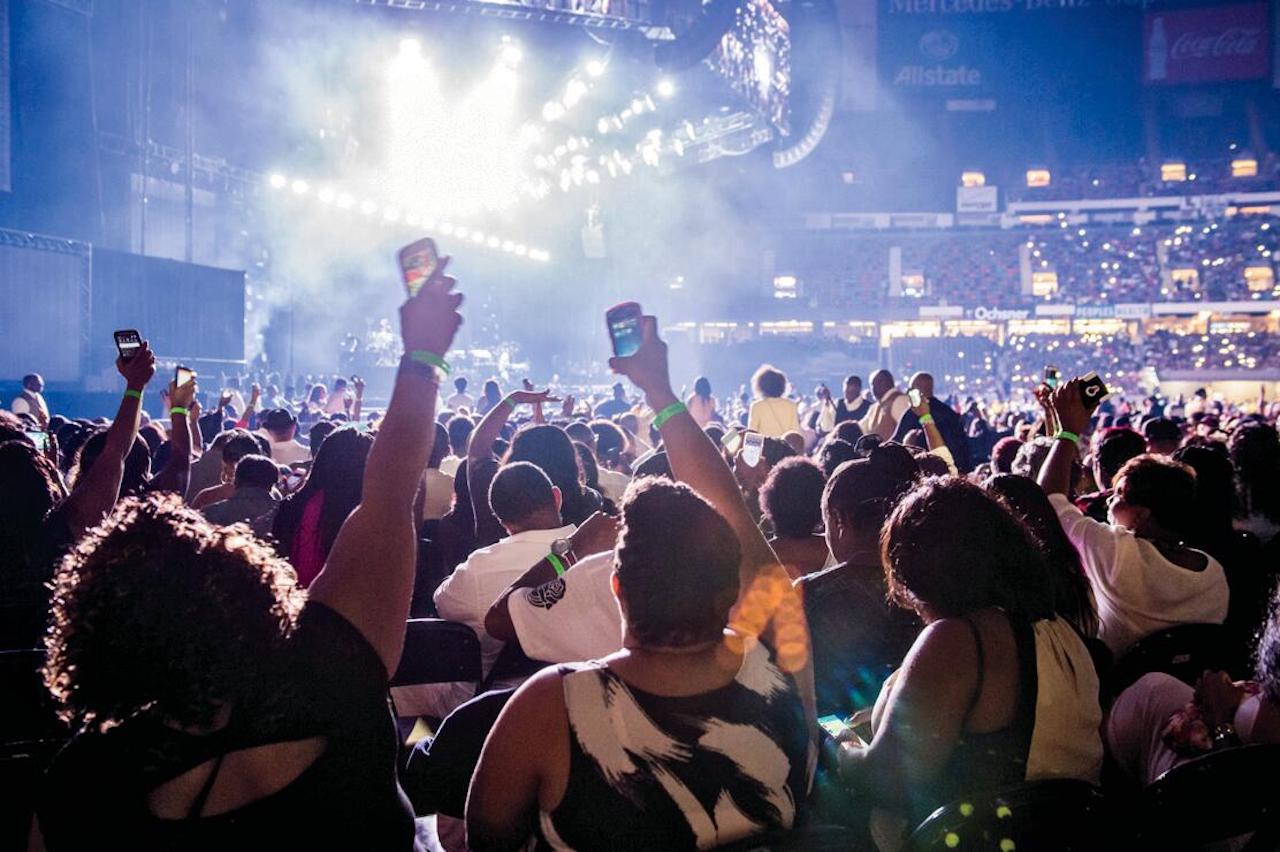
In addition to these efforts, ESSENCE Day community-service activations involve hands-on service projects, while SOKO MRKT—formerly ESSENCE Marketplace—provides opportunities for local businesspeople to sell their items at the festival. “It’s important,” Morse states, “to show the people of New Orleans that they matter.”
This story originally appeared in the July/August 2024 issue of ESSENCE magazine, on newsstands now.






